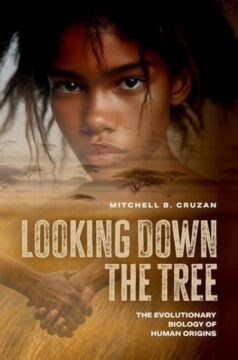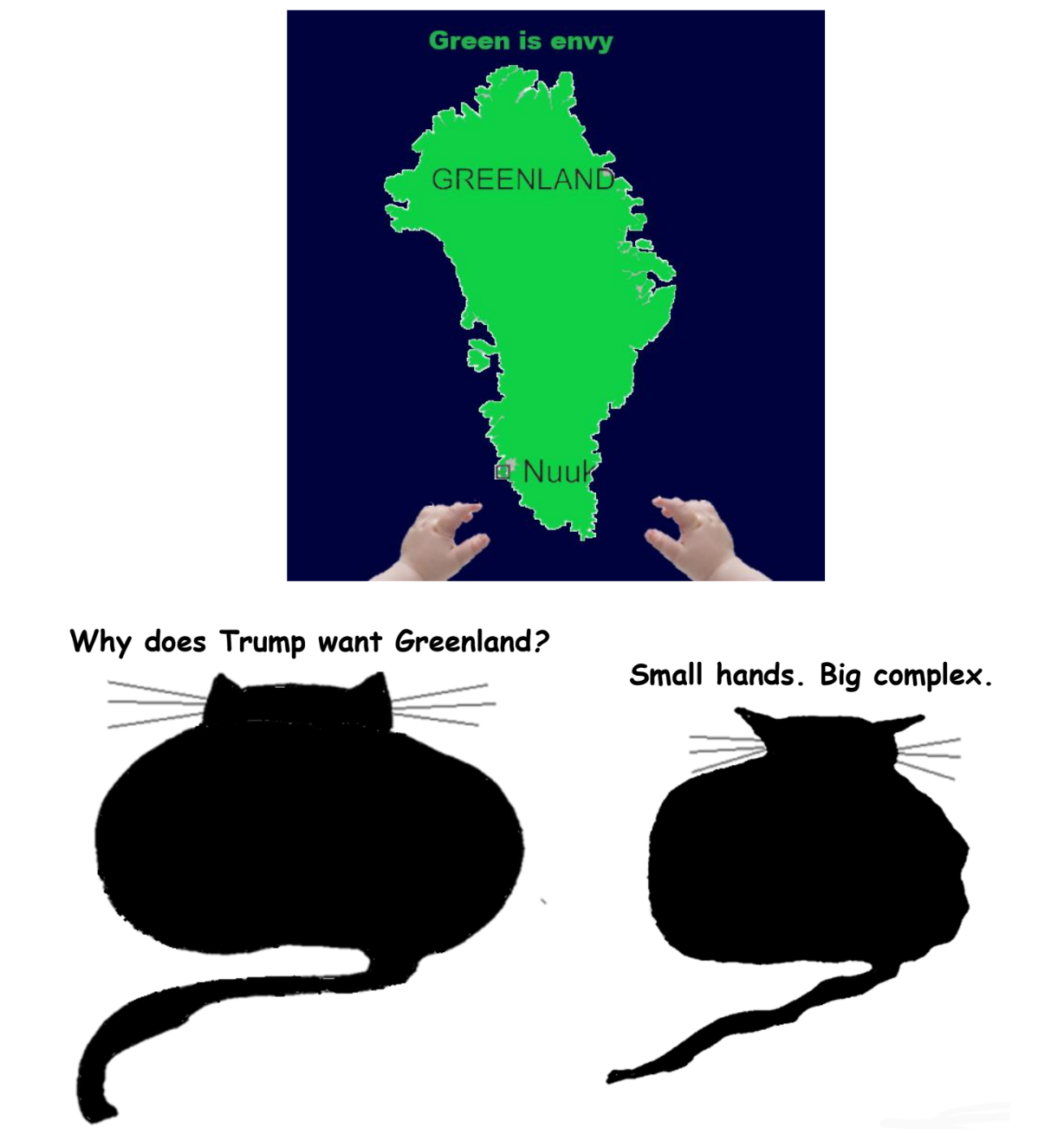by Charles Siegel
Sun went down in honey
And the moon came up in wine
You know the stars were spinning dizzy
Lord the band kept us so busy
We forgot about the time

That is a verse from “The Music Never Stopped,” a song written by Bob Weir and John Barlow, and recorded on the Grateful Dead’s 1975 album “Blues for Allah.” Weir, the rhythm guitarist and one of the two principal composers for the band, died earlier this month at 78. His obituary appeared in the New York Times and everywhere else. I can add nothing to all the tributes and encomia, or the descriptions of his life and music. But one aspect of his career that seems to have gotten little attention is fascinating to me: he may very well have played before more people than any other musician ever.
I do not remotely qualify as a Deadhead. I saw the Grateful Dead seven times, albeit in seven different cities. I’ve seen Dead and Company, the most recent successor band, a few times, including last year at the Sphere in Las Vegas.
But I’ve been listening to their music for most of my life. I had some of their albums, though by no means all of them, and I had a few other albums on which one or more of the members played. I wore out “Old and In the Way,” for example, a great collaboration between Jerry Garcia and some bluegrass masters, during college. In law school I wore out the live album “Dead Set.” So while there are legions of people, some of whom are good friends, who saw the band many more times, I have spent a fair amount of time listening to and thinking about them. Read more »


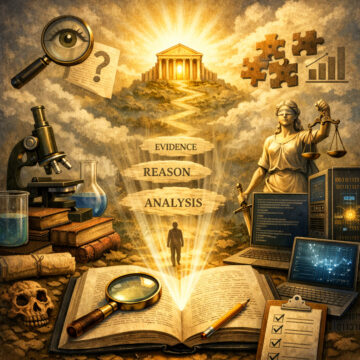
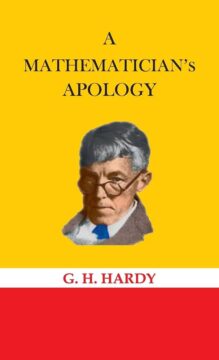 I have put off reading G.H. Hardy’s Mathematician’s Apology (1940) to the end for too long. Now that I have, I can say with conviction that if you ever find yourself needing to justify why people should learn at least some mathematics, then this is the text to avoid, and Hardy provides the arguments you should stay away from furthest. And yet, it grew on me as an honest presentation of Hardy’s perspective on why anything is worth doing.
I have put off reading G.H. Hardy’s Mathematician’s Apology (1940) to the end for too long. Now that I have, I can say with conviction that if you ever find yourself needing to justify why people should learn at least some mathematics, then this is the text to avoid, and Hardy provides the arguments you should stay away from furthest. And yet, it grew on me as an honest presentation of Hardy’s perspective on why anything is worth doing.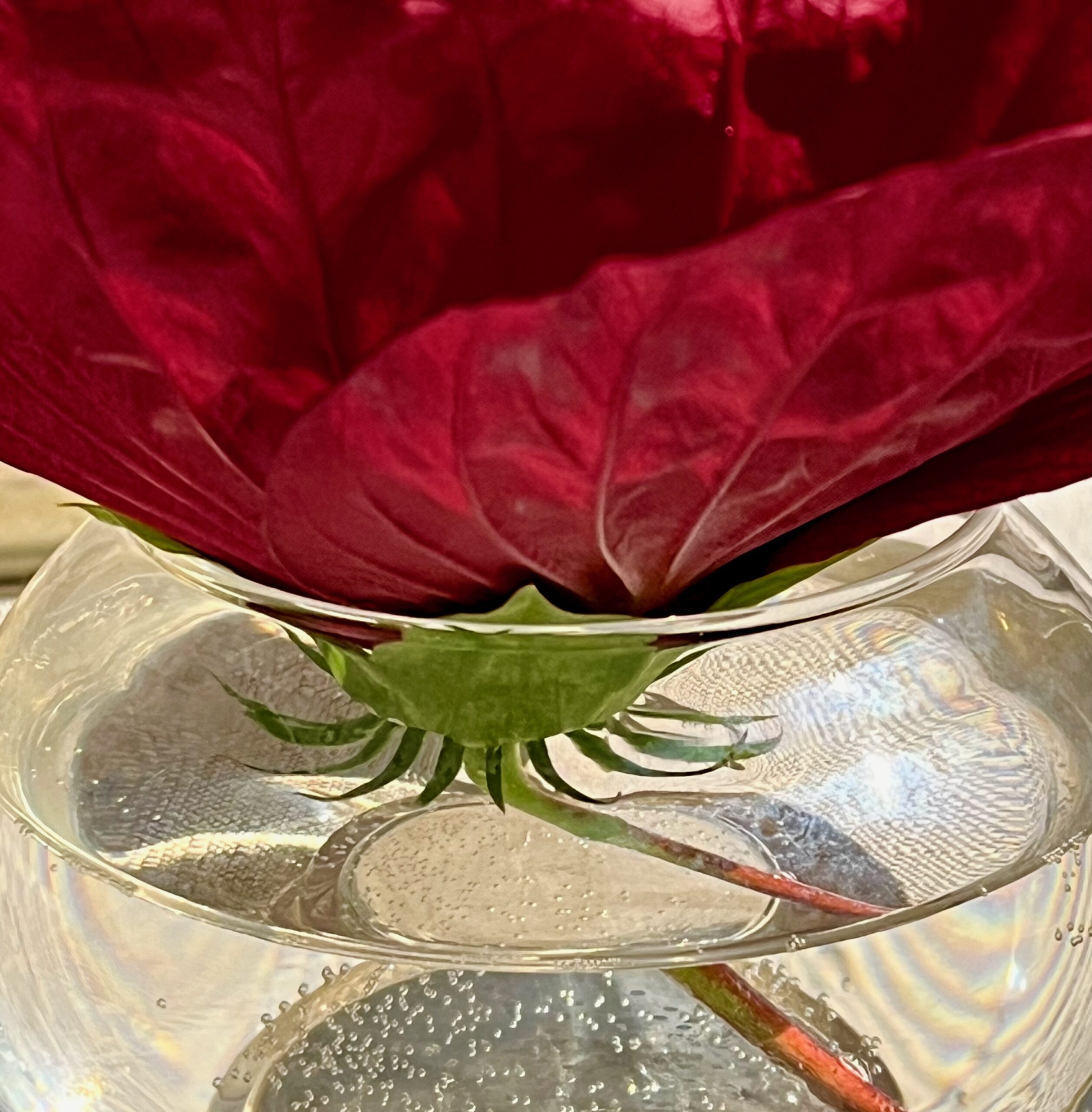 Sughra Raza. Blood. August 2024.
Sughra Raza. Blood. August 2024.

 a prickly pine’s upon one nub,
a prickly pine’s upon one nub,


 Dear Reader,
Dear Reader,


